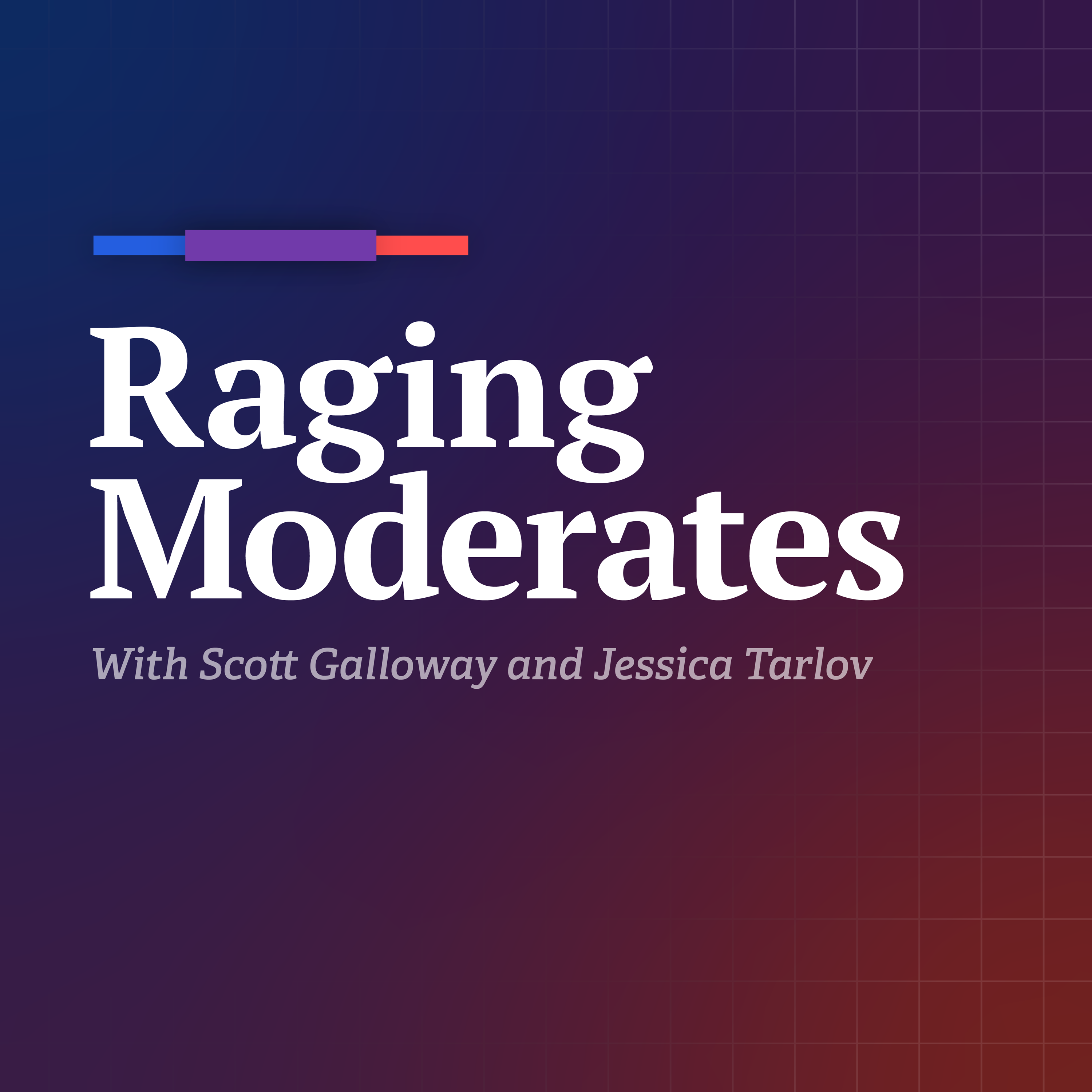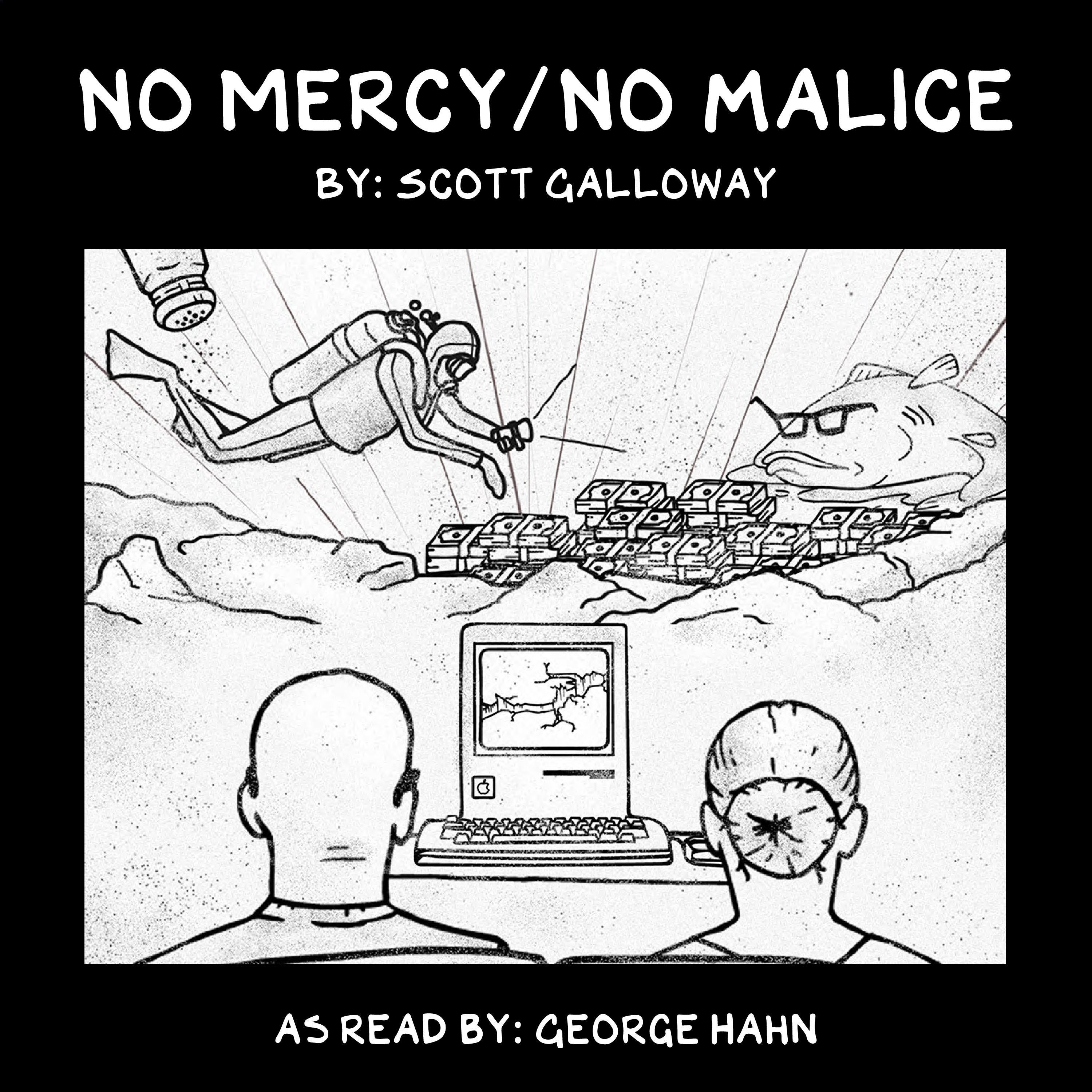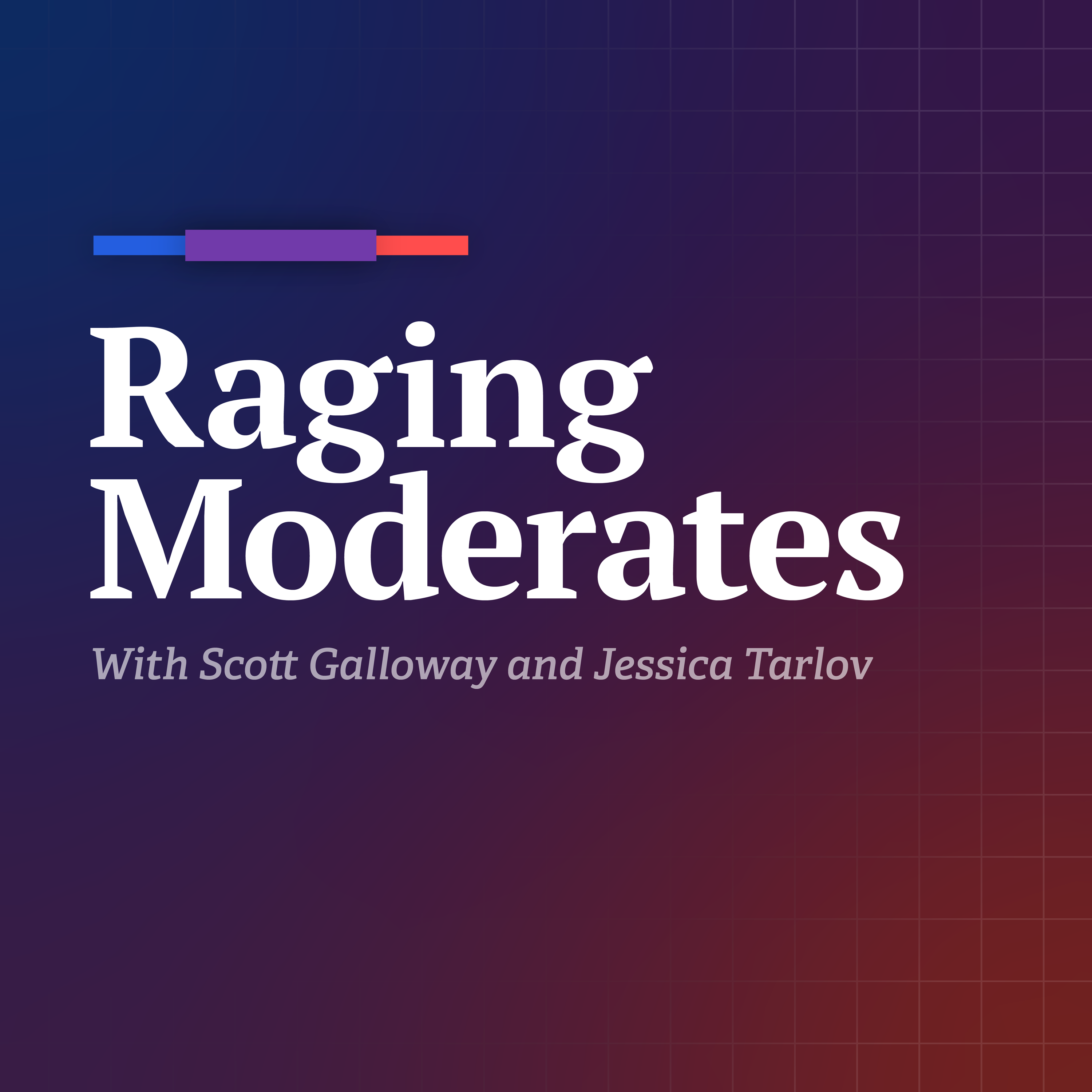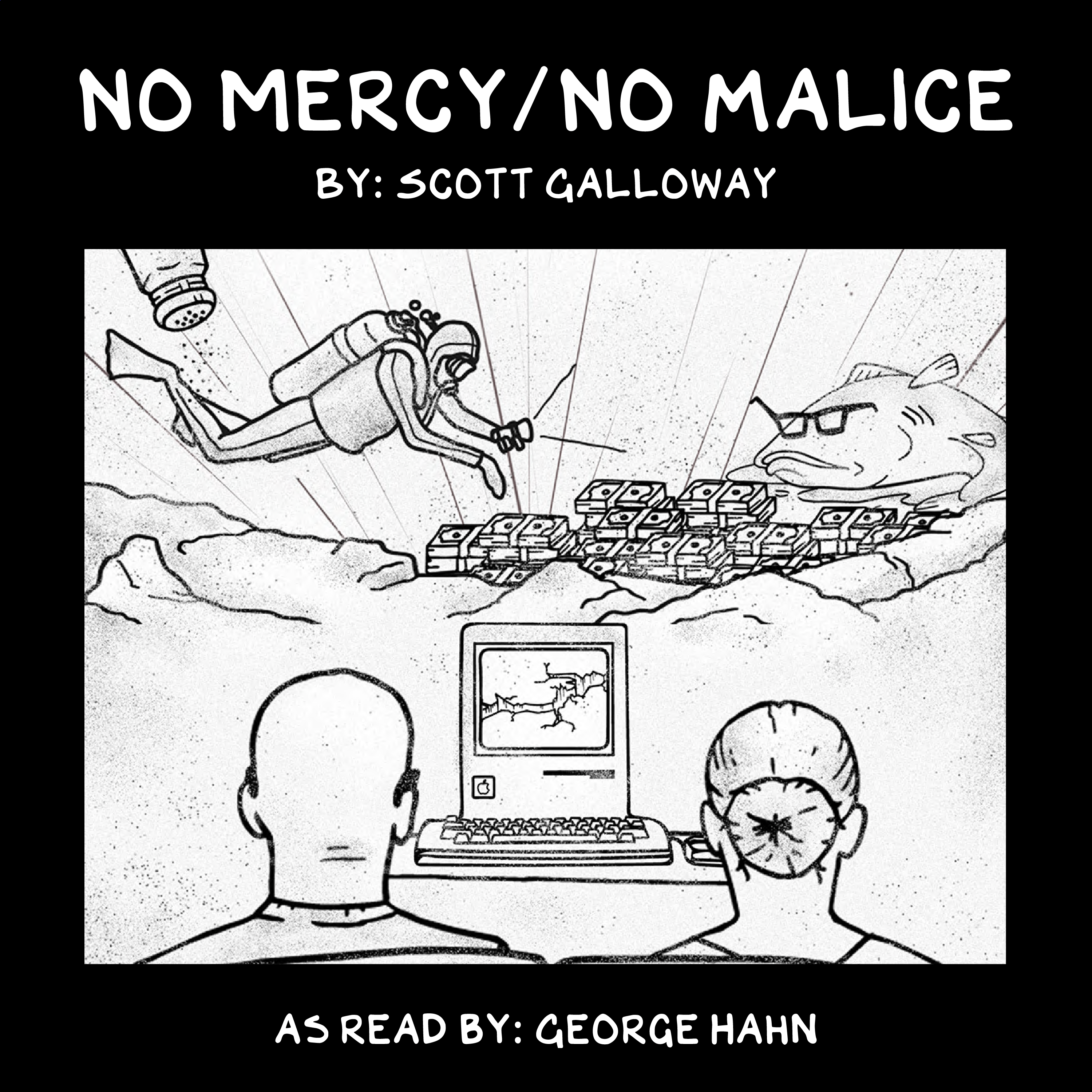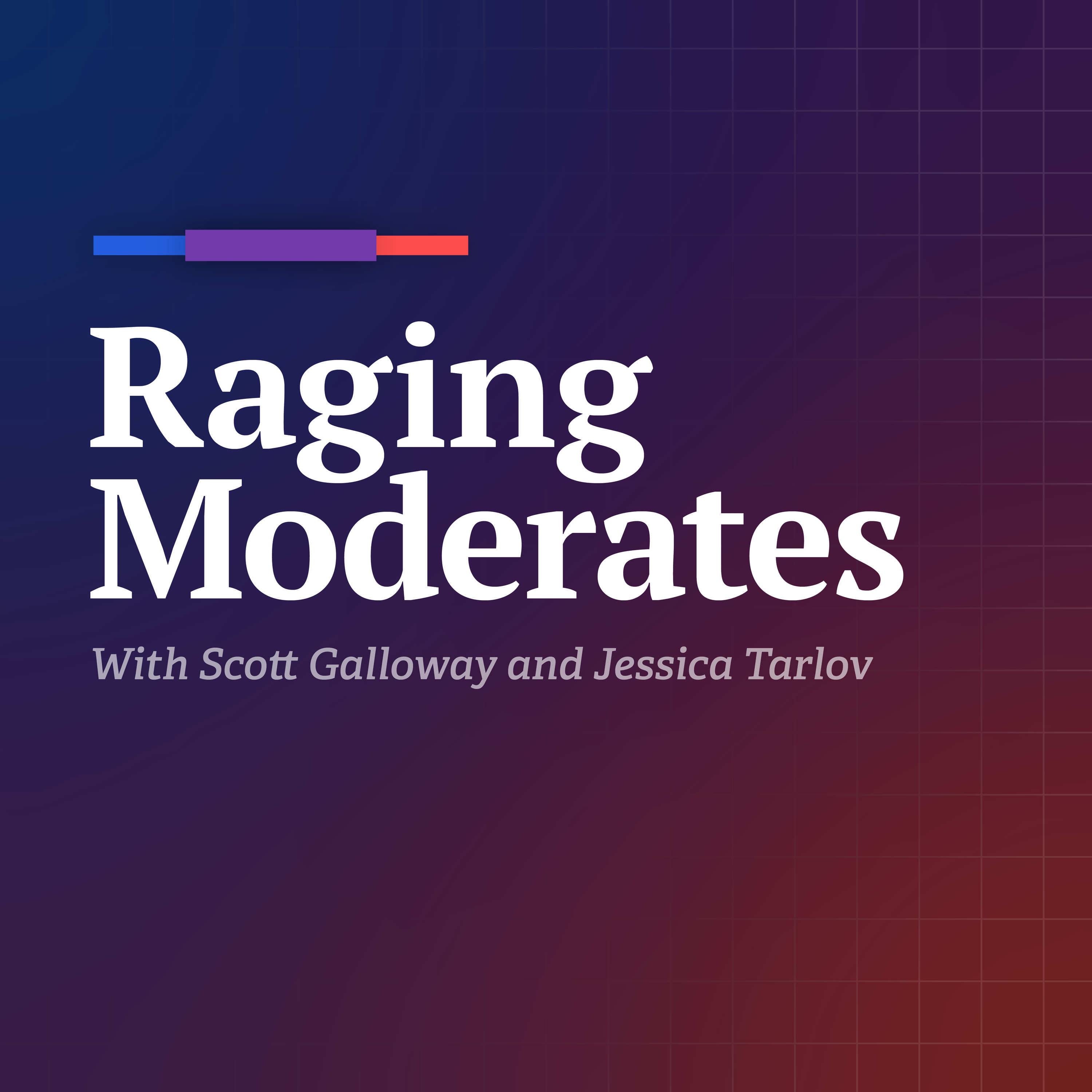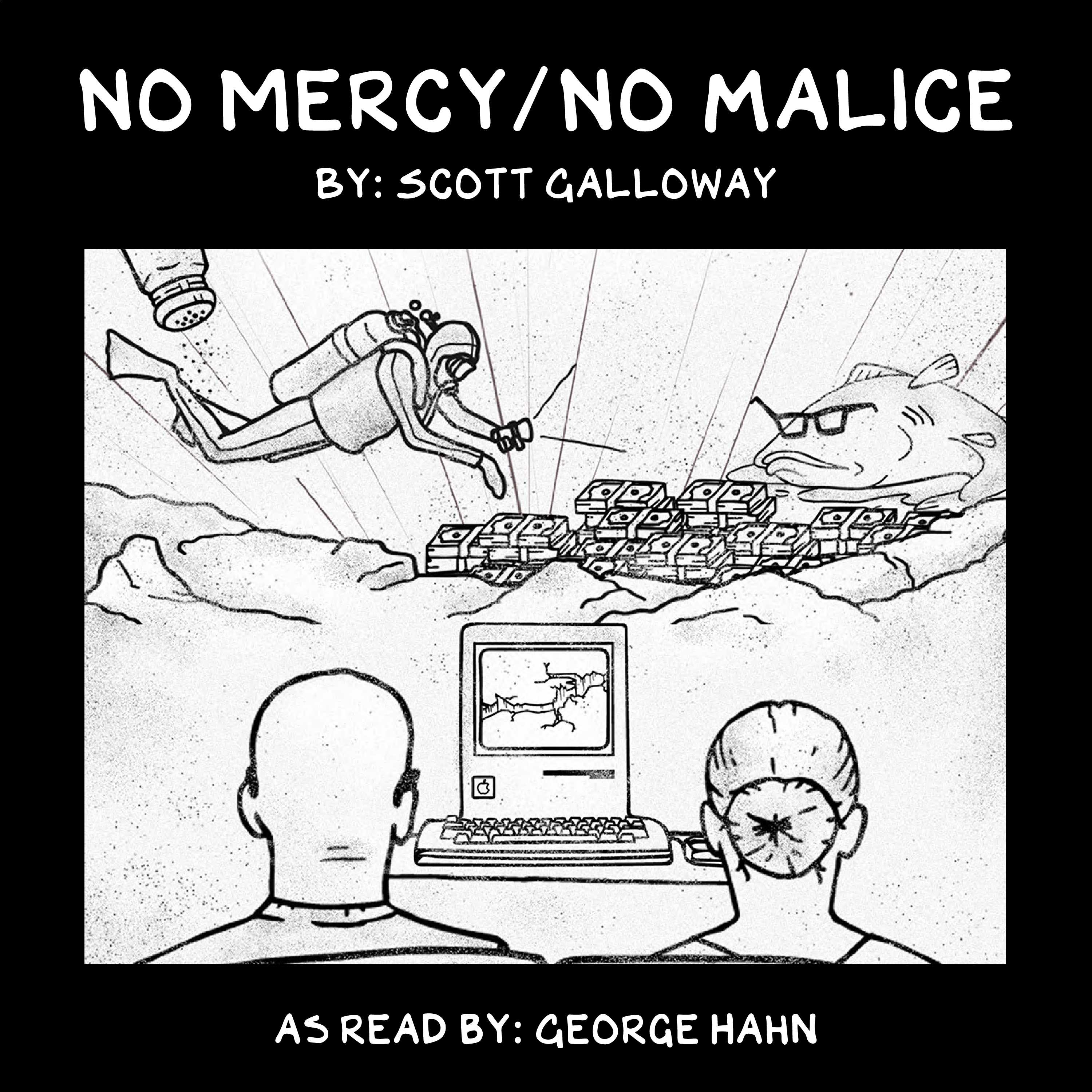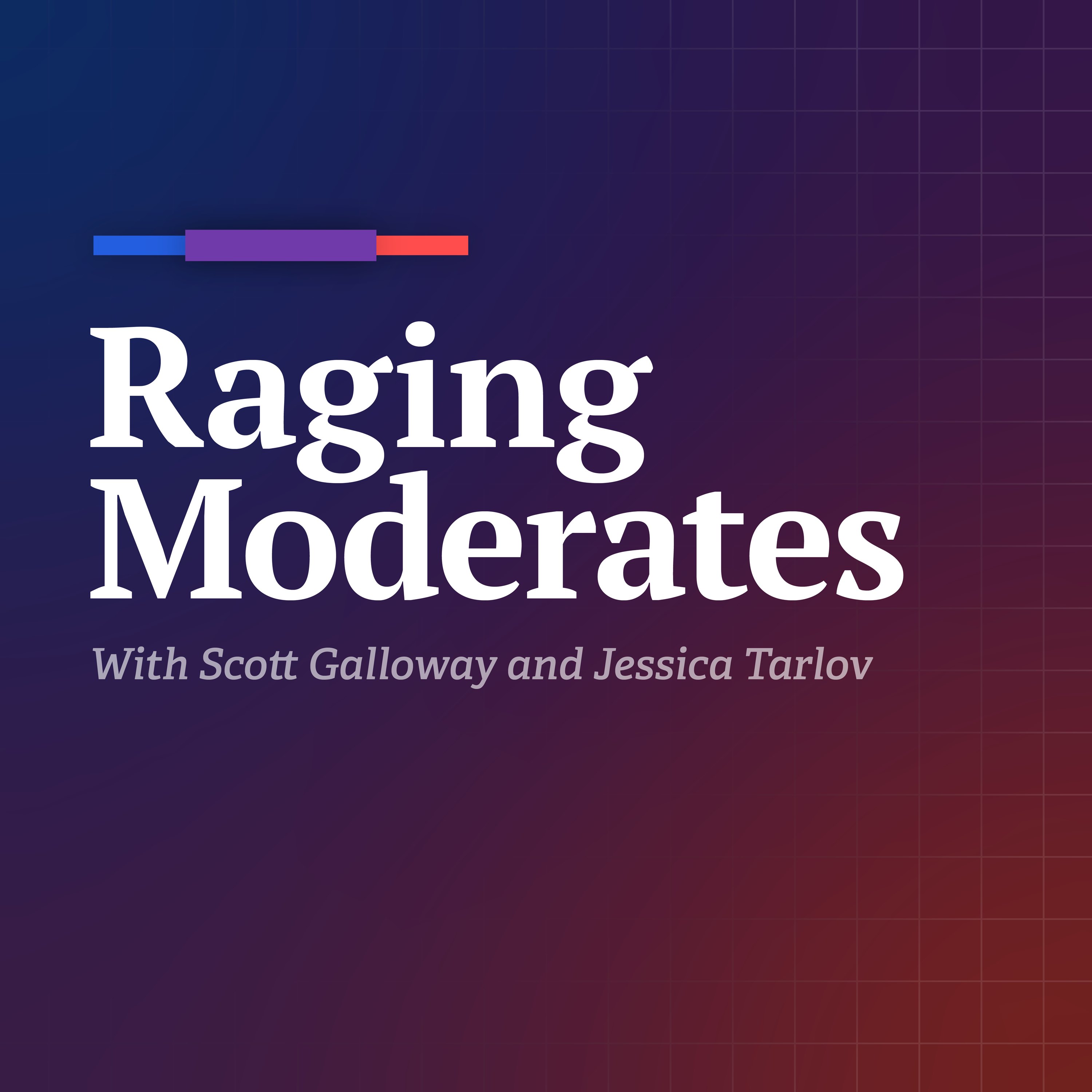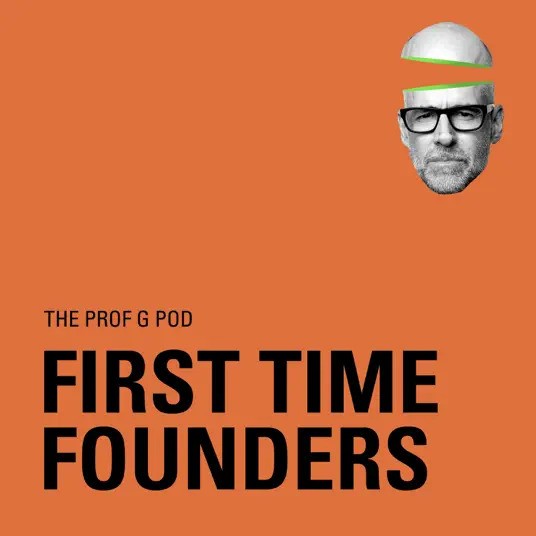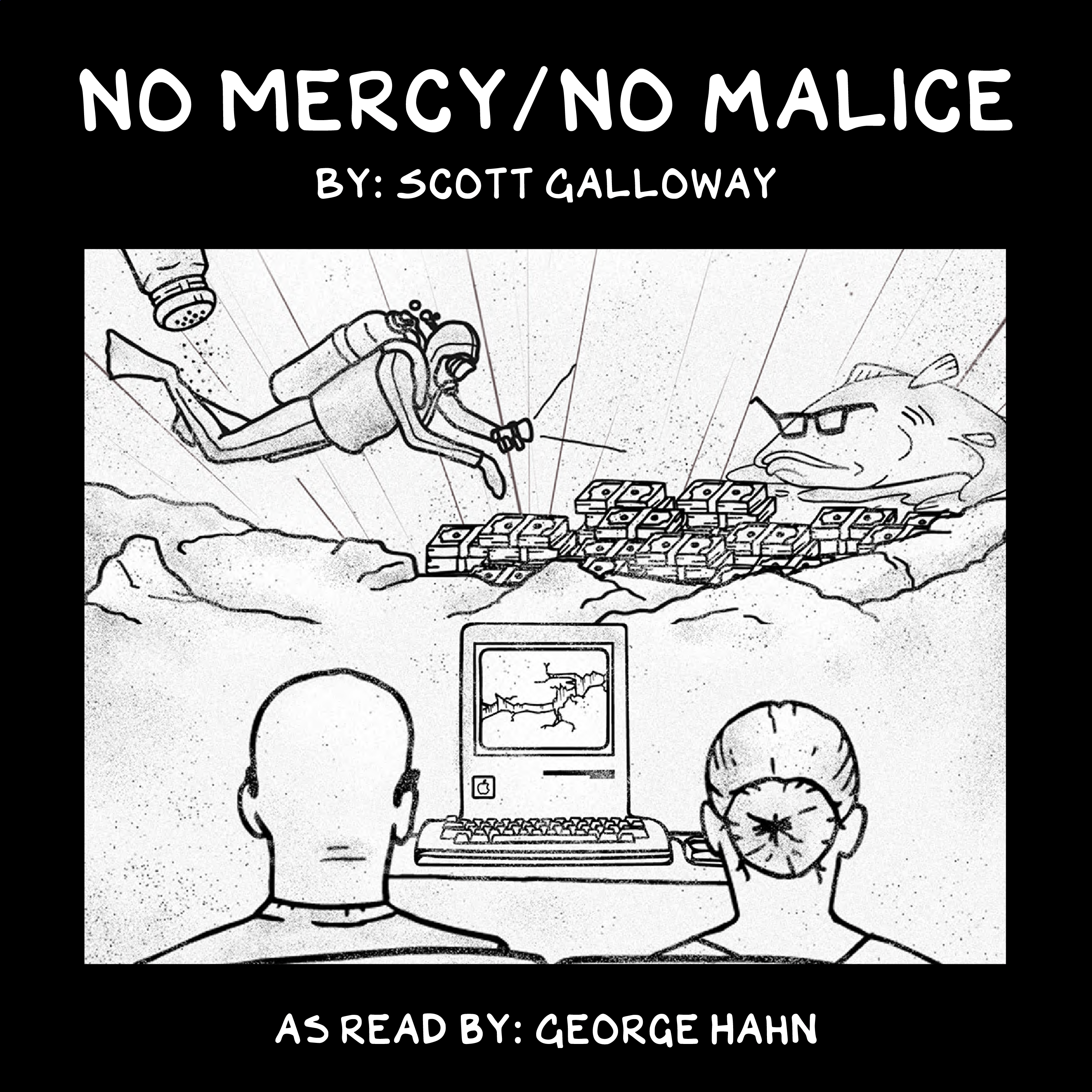Scott Galloway and Jessica Tarlov dive into the latest from Trump’s cabinet shuffle, including Matt Gaetz’s withdrawal and the surprising picks for Commerce, ...
Follow Prof G Markets: Apple Podcasts Spotify Scott and Ed open the show by discussing the Justice Department’s proposed forced sale of Google Chrome, how ...
As read by George Hahn. https://www.profgalloway.com/f1-is-at-an-inflection-point/ Learn more about your ad choices. Visit podcastchoices.com/adchoices
Eric Schmidt, a technologist, entrepreneur, philanthropist, and Google’s former CEO, joins Scott to discuss the dangers and opportunities AI presents and his ...
Scott discusses Apple’s future under a second Trump Administration, specifically how tariffs could affect the tech company. He then speaks about the voter ...
Scott and Jessica dive into Trump’s eyebrow-raising cabinet picks, including Pete Hegseth, Matt Gaetz, Tulsi Gabbard, and RFK Jr., and what they signal for the ...
Follow Prof G Markets: Apple Podcasts Spotify Scott and Ed open the show by discussing Spotify and Disney’s earnings, a gambling company’s strong third quarter ...
As read by George Hahn. https://www.profgalloway.com/the-testosterone-election/ Learn more about your ad choices. Visit podcastchoices.com/adchoices
Dr. Jenny Schuetz, a nationally renowned economist, author, and policy expert on housing and land use, joins Scott to discuss trends and structural shifts ...
Scott discusses brand strategy, specifically why some brands have strong reputations while others don’t. He then advises a listener who shares a name with an ...
Scott and Jessica dig into the Democratic blame game as party leaders clash over what went wrong. Did Biden’s decision to run set them back, or was it ...
Follow Prof G Markets: Apple Podcasts Spotify Scott and Ed open the show by discussing the end of the Boeing machinist workers strike, Perplexity’s offer to ...
As read by George Hahn. https://www.profgalloway.com/the-podcast-election/ Learn more about your ad choices. Visit podcastchoices.com/adchoices
This is an episode we think you’d enjoy of On with Kara Swisher. President-elect Donald J. Trump has won a resounding victory against Vice President Kamala ...
Scott explains why Uber’s potential acquisition of Expedia would be a strategic move toward building an all-in-one travel platform. He then discusses why ...
Scott Galloway and Jessica Tarlov dive into the Election Day buzz and what to watch as the results start rolling in. They’ll break down the final ...
Follow Prof G Markets: Apple Podcasts Spotify Scott and Ed open the show by discussing the U.S.’s GDP growth, Reddit’s earnings, Eli Lilly’s third quarter drug ...
Ed speaks with Tarek Mansour, co-founder and CEO of Kalshi, a regulated exchange and prediction market that lets you trade on future events. They discuss ...
As read by George Hahn. https://www.profgalloway.com/high-anxiety/ Learn more about your ad choices. Visit podcastchoices.com/adchoices
*To hear the rest of this episode, type in Prof G Markets wherever you get your podcasts and hit follow* You’ll get Aswath’s updated take on Nike, ...
- « Previous Page
- 1
- …
- 25
- 26
- 27
- 28
- 29
- …
- 62
- Next Page »

